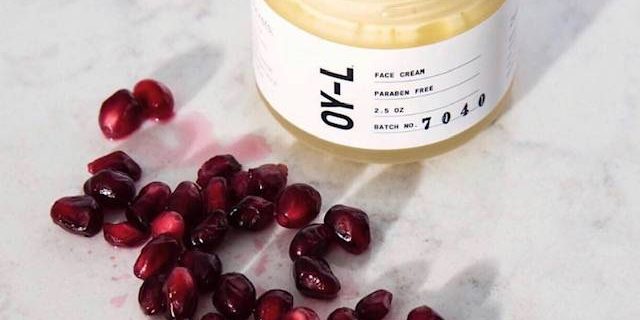Today we are featuring SQUALANE, the all natural emollient in OY-L FACE CREAM. To help explain the advantages of this ingredient, we’ve asked family physician Cynthia J. Koelker, MD to comment on how it might benefit your specific skin type. Dr. Koelker explains:
In my 30 years of medical practice I’ve seen hundreds of women who’ve complained their skin is too dry, or too oily, or too sensitive, or too uneven. Although the underlying cause of these problems may be genetic, dietary, or environmental, often times skin products such as makeup or cleansers actually make the situation worse, either by leaching natural oils from the skin or by blocking the skin’s natural pores. Some even cause chemical burns or allergic reactions.
Mimicking nature is the best approach when it comes to protecting the skin.
The skin is a delicate organ that deserves the best of care to remain fresh and beautiful for a lifetime. And when it comes to protecting the skin, mimicking nature is the best approach. Human skin naturally contains moisture (water), which helps keep our skin feeling soft and healthy. However, this moisture evaporates throughout the day, which can lead to dry, rough skin, prone to irritation or infection. To prevent this problem, our skin produces a natural barrier to evaporation, a thin oily layer that helps seal in the moisture and keep the skin lubricated.
However, this waxy oil (sebum) sometimes causes additional problems, especially when it clogs skin pores, or is over-produced, or when bacteria invade, which may lead to odor or irritation from break-down products.
That’s where squalane comes in. While it is one component of sebum, it is not subject to degradation as sebum is. In humans, most of the squalane begins as squalene, which, when hydrogenated, is converted into squalane.
Squalane is neither irritating nor toxic.
Because squalane does not degrade by oxidation, it is more stable than squalene, and so is preferred in the manufacture of natural cosmetics. Although squalene was originally harvested from shark livers, the production of squalane is transitioning to plant sources, including olive oil, rice, and sugar cane.
And because squalane is not foreign to the human body, it is neither irritating, sensitizing, nor toxic. This means that you won’t run the danger of harming your skin as you’re trying to protect it. Neither will it block your pores. Therefore it is appropriate for both dry and oily skin types, as well as anything in-between.
All this makes squalane an excellent emollient for nature-based skin care. Though the name may sound intimidating, it is a beneficial natural component that you may want to seek for among a product’s listed ingredients.
Cynthia J. Koelker, MDPhysician and Author
Shop
Squalane – The natural emollient
You are here:
- Home
- Facial Care
- Squalane – The natural emollient






